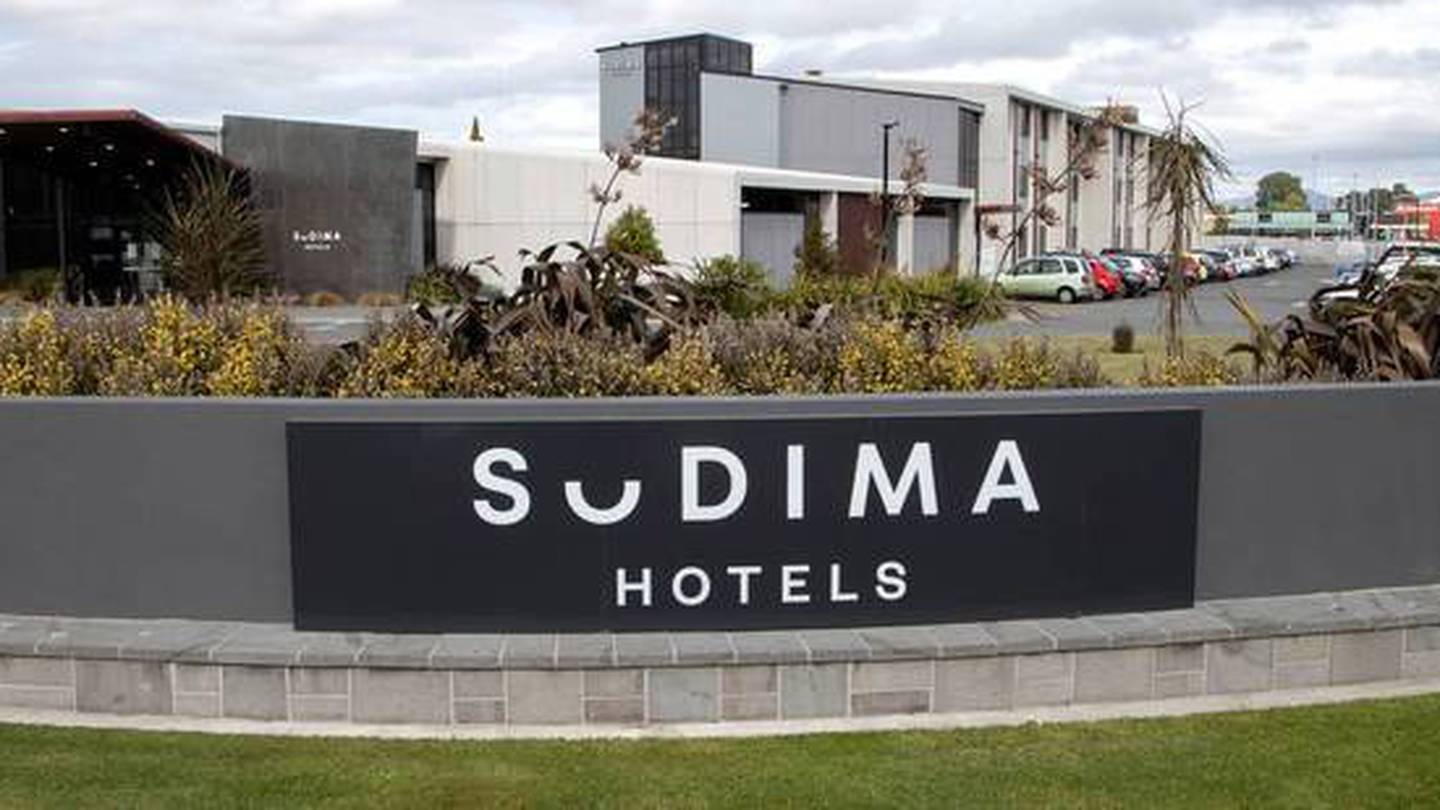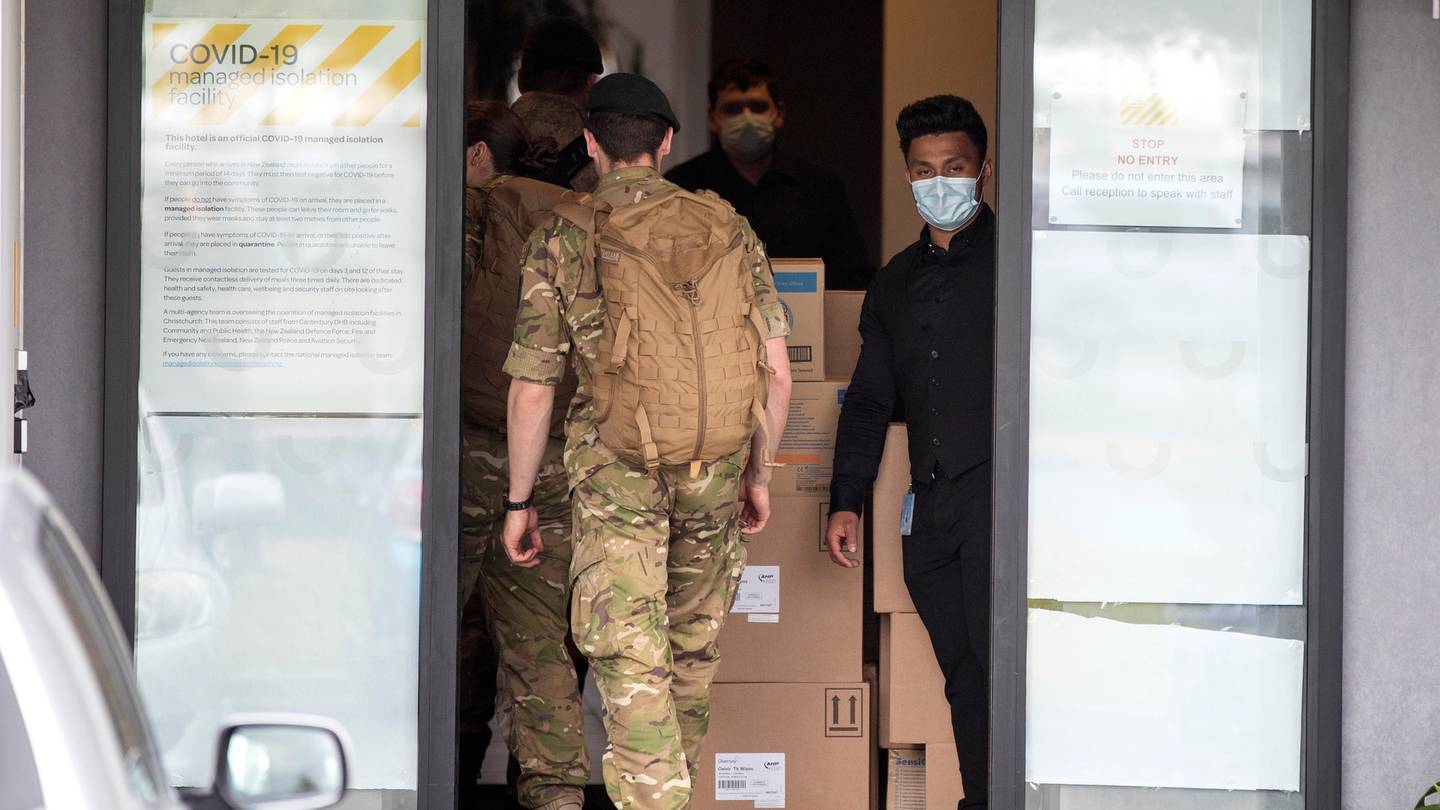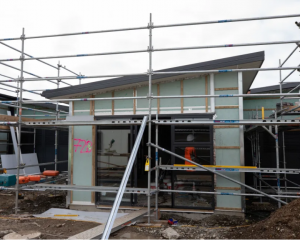
A publically-released report, written by Canterbury District Health Board clinicians, documented their experience managing the first group of 235 Russian and Ukrainian mariners in October/November last year.
During the mariners' extended quarantine period at the Sudima Christchurch Airport Hotel, two health staff contracted Covid-19, despite no evidence of breaches in infection prevention and control protocols or their usage of PPE.
The report found the most significant risk factor was 'double-bunking', with the first group of international mariners sleeping two people to one room.
"Day 3 testing showed 18 of the guests had been incubating acute infections on arrival," it said.
A total of 32 mariners from the first group tested positive for Covid-19.
One of the report's co-authors, microbiologist and clinical director of Infection Prevention and Control (IPC), Dr Josh Freeman, said many of the mariners were at the height of virus shedding at the same time.

"In a hotel environment with poor ventilation in corridors, these factors all added up to being conducive to the inhalation of Covid-19 aerosols (extremely small microdroplets)."
Medical Officer of Health, Dr Anna Stevenson, another co-author, said as a result of the experience, the CDHB worked closely with MIQ staff to introduce changes to the way the second group were managed.
They arrived in Christchurch early in January this year.
"Many changes were introduced immediately and we're happy to report that the stay of the second group of mariners, has been conducted with no issues arising.
"They each had their own room. We identified those who smoked and ensured they had rooms with balconies and opening windows to ensure fresh air-flow, and to eliminate the need for these guests to have to move through the corridors to a smoking area outside.
Stevenson said during the past fortnight, one of the MIQ health staff has helped 20 of the mariners give up smoking during their stay in managed isolation, using nicotine replacement therapy.













